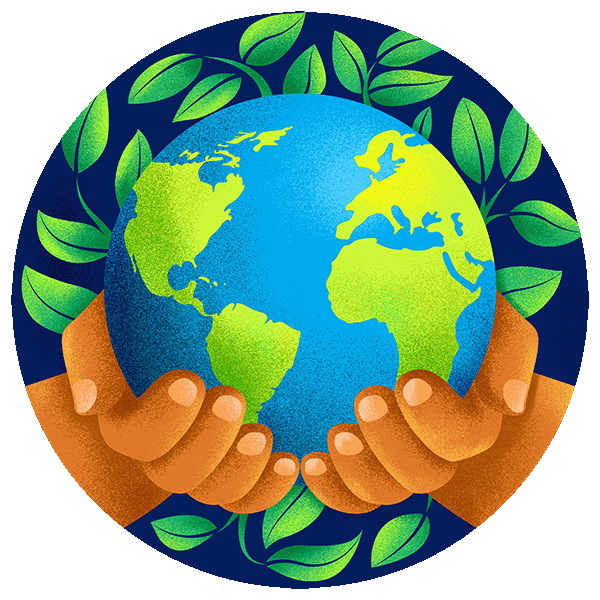
Stand Tall Like A Mountain_Indigenous Peoples' Day 2018
Indigenous peoples' day is about honoring indigenous resistance, and celebrating the contributions of indigenous peoples all over the world. In this newsletter we celebrate the activism of Antie Pua Case from Hawaii, and other activists around the world who fight to preserve our mountains, our rivers, our valleys, our Earth. The program ends with a song by Taino artist Brothery Mikey, who produced a song called "Like the Mauna", inspired by the Indigenous People of Hawaii's efforts to protect the sacred Mauna.
Gender Equality on International Indigenous Women's Day
Bartolina Sisa was killed in Bolivia in 1782. International Indigenous Women's Day is held each year on 5th September. Although women fight for their rights and the rights of their people, not enough recognition is given to the efforts of women.
Indigenous Refugees Struggling to Find Nationhood- A Story of Displacement from Myanmar (Burma)
Indigenous Peoples from around the world represent a disproportionate number of refugees and internally displaced persons due to a number of reasons, including conflict. They are one of the main targets of violence, displacing them from their ancestral land and territories. Vulnerability to displacement as an intersectional issue is often overlooked, a situation that has further increased the vulnerability of these populations. This radio program recounts the experience of Nwe Oo, an Indigenous Rakhine refugee who is currently taking shelter in California, United States.
Indigenous People Affected By Human Trafficking
Indigenous communities are particularly vulnerable to the crime of human trafficking due to the systematic denial of health and wellness resources to which they are subjected. In this program, we focus on the Navajo Nation's response to increased rates of trafficking linked to mining/oil development, and the legal response the Navajo government has implemented to alleviate the harm caused by trafficking, which disproportionately affects Indigenous women and girls.
News Bulletin February 2018 - Indigenous Rights Radio
A short update on current events from around the world on the topic of Indigenous Rights.
INTERVIEWEES
Braidan Weeks, Communications Coordinator for Utah Diné Bikéyah
PRODUCTION
Shaldon Ferris (KhoiSan)
This is a production of Indigenous Rights Radio. All of our programs are free to download and broadcast.
New Directions In Indigenous Philanthropy - An Interview With Peter Buffett
Peter Buffett is a Co-President of the NoVo Foundation, which works to foster a transformation from a world of domination and exploitation to one of collaboration and partnership. As part of this work, NoVo supports work in Indigenous communities across North America, including community-led programs that center Indigenous girls and women. Suzanne Benally (Navajo and Santa Clara Tewa) is a leader in U.S. Indigenous rights advocacy, and serves as the Executive Director of Cultural Survival.
Addressing Multiple Violences Against Indigenous Women In Nepal
November 25th, 2017 is International Day for the Elimination of Violence Against Women. Indigenous women face disproportionate rates of violence and discrimination due to their intersecting identities (woman and Indigenous) which have both been historically marginalized in society. Nepali activists explain their work to end violence against women in their country, and lay out next steps for continuing the work of women's liberation around the world.
INTERVIEWEES
Yasso Kanti Bhattachan, Indigenous Women’s Federation of Nepal
Chanda Thapa Magar, Asia Indigenous Peoples Pact
For Collaboration To Work, Western Scientists Must Respect Indigenous Scientists
What can Western science learn from Indigenous knowledge? We speak with Dr. Daniel Wildcat (Yuchi) and Tui Shortland (Maori) about the value of Indigenous longitudinal place-based knowledge that Indigenous People have gathered over millennia. We unpack what positive collaboration between Western science and Indigenous science can look like and why it is important.
Credits:
Background music:
"Atahualpa" and "Lights in the forest" by Yarina. Used with permission.
Indigenous Women - Knowledge Holders, Responders To Climate Change
Can traditional knowledge from Indigenous communities provide us with answers to fighting climate change? We speak with Andrea Carmen (Yaqui), Executive Director of International Indian Treaty Council. She speaks about how Indigenous women are very strong voices in the work for the protection of the environment, through their role as food producers, knowledge holders, and the first teachers of children.
Climate Change Takes Water And Milk From Mbororo People
In Mbororo communities in Chad, Indigenous women are the most affected by climate change because they are the ones collecting food, water, and traditional medicines for their families. Changes to their environment have cause increased hardship on the Mbororo who are pastoralist cattle headers, as they are forced to move more frequently to cope with increasing drought conditions.
